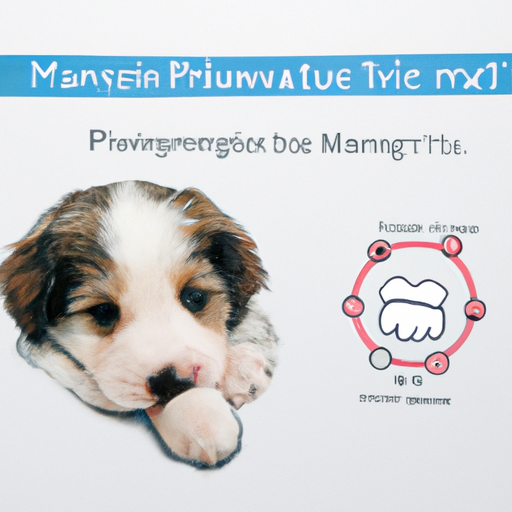As a caregiver to your adorable pup, understanding your puppy’s developmental stages, especially the teething process, is essential. In this guide, we will delve into the depths of your puppy’s dental development, specifically focusing on when puppies lose their teeth.
Understanding Puppy Teething
Like human babies, puppies also go through a teething phase. It’s during this time that they lose their baby teeth, and adult teeth begin to grow. This process can be quite uncomfortable for your puppy causing them to chew on anything and everything.
When Puppies Get Their Baby Teeth
Puppies are not born with teeth. Their baby teeth, also known as deciduous teeth, start to appear when they are about 2-4 weeks old.
The Timeline for Losing Puppy Teeth
By the time your puppy reaches 3 to 4 months of age, the teething process begins. Their baby teeth will start to fall out, making room for their adult teeth. By 6 to 7 months, most puppies will have all their adult teeth.
Recognizing the Signs of Teething
There are several signs that indicate your puppy is going through the teething phase:
- Excessive chewing
- Drooling more than usual
- Loss of appetite
- Finding teeth around your home
How to Help Your Teething Puppy
You can support your puppy during this challenging time in several ways:
-
Offer Chew Toys: Chew toys can provide relief from the discomfort. Make sure to pick toys that are specifically designed for teething puppies.
-
Use Cold Treats: Cold items can help numb the gum and provide temporary relief. Consider freezing a wet washcloth for your puppy to chew on.
-
Maintain Dental Hygiene: Brushing your puppy’s teeth regularly can help keep their mouth healthy during this time.
What Happens if Puppy Teeth Don’t Fall Out?
In some cases, a puppy’s baby teeth don’t fall out as they should. This is known as retained deciduous teeth. If you notice your puppy has double teeth, consult your vet. Retained baby teeth may need to be extracted to prevent dental issues in the future.
Puppy Teething and Nutrition
During the teething phase, your puppy may lose their appetite. It’s essential to ensure they still receive the necessary nutrients. You might consider wetting their dry food or switching to canned food temporarily.
| Puppy Age | Type of Food |
|---|---|
| 2-4 weeks | Mother’s milk / Puppy milk replacer |
| 4-8 weeks | Puppy food (wet or soaked in water) |
| 8 weeks and older | Puppy kibble |
Frequently Asked Questions
1. Is it normal for puppies to swallow their baby teeth?
Yes, it’s normal and generally not a cause for concern. The teeth are small and usually pass without issue.
2. What to do if my puppy’s gums are bleeding?
A small amount of bleeding is normal during teething. If it’s excessive or doesn’t stop, contact your vet.
3. Can teething cause diarrhea in puppies?
Teething itself doesn’t cause diarrhea. However, if your puppy chews on something inappropriate due to teething discomfort, it could upset their stomach.
4. When should I start brushing my puppy’s teeth?
It’s a good idea to start dental hygiene habits early. You can begin gently brushing when the first baby teeth appear.
Understanding your puppy’s teething process can help you provide the best care during this uncomfortable time. Remember, this stage is temporary and with your support, your puppy will soon have a healthy set of adult teeth.



